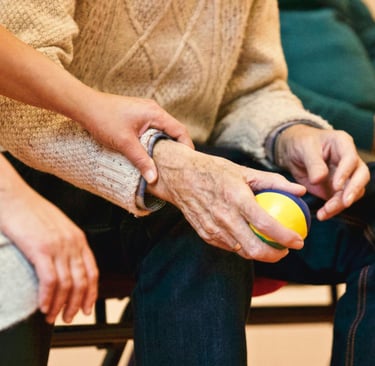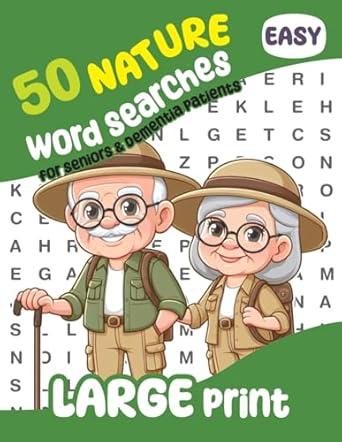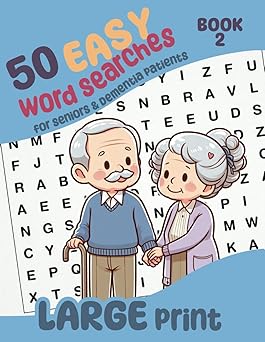Using Gentle exercise to help ease dementia symptoms
Gentle exercise helps to increase blood flow around the brain and body, it also encourages the production of beneficial hormones in dementia patients, which may help with mood.


Gently movement activities, such as stretching or tai chi, offer significant benefits for elders with dementia, enhancing mood, improving balance, and supporting cognitive health. These low-impact exercises are tailored to accommodate varying abilities, promoting physical and emotional well-being without causing strain or injury.
Here are some ways that gentle movement can be integrated into daily life.
The Importance of Gentle Movement for Elderly
Physical activity boosts blood flow to the brain, which can aid cognitive function and reduce symptoms like anxiety and agitation in dementia. Gentle movements also improve balance, reducing the risk of falls, and elevate mood by releasing endorphins. For dementia patients, these activities provide a sense of accomplishment and engagement, increasing a sense of connection and calm.
Simple Stretching Routines
Seating or standing stretches are accessible and effective for most people with dementia, and seated Yoga is a disability-friendly variation of regular Yoga. Try a 10-minute session with basic movements like arm raises or gentle neck rolls. For example, guide them to slowly reach their arms upward while saying, “Let’s reach up to the sky.” Keep instructions clear and model the movements yourself. These stretches improve flexibility and can be done daily, perhaps after breakfast.
Tai Chi for Balance and Calm
Tai chi, with its slow, flowing movements, promotes healthy balance and relaxation. Adapted versions, like seated tai chi, are ideal for those with limited mobility. Lead a 10-15 minute session with simple motions, such as waving hands like clouds, in a quiet space. Use soothing music to enhance the calming effect, helping reduce restlessness and improve focus. Check out some YouTube videos on the subject for inspiration on movements you can incorporate.


Balloon Volleyball for Fun
Interactive games like seated balloon volleyball engage both body and mind. Gently toss a balloon back and forth, encouraging movement and coordination. A 5-10 minute game can spark laughter and social connection, especially if done with family or a small group. Keep the pace slow to avoid frustration and to ensure safety.
Walking with Purpose
Short, purposeful walks, even a stroll around the home or garden, can boost mood and improve mobility. A simple goal or objective, such as going to check the flowers, or collect the mail, engages the senses and gives purpose. You can hold their hand or use a walker for safety and support. Pause along the way to discuss familiar sights, such as photos on the walls, favorite plants, and so on. This stimulates cognition and sparks conversation.
Start with short sessions to match energy levels
Ensure a safe, uncluttered environment
Clear obstacles
Stop if signs of fatigue or frustration arise
Incorporate activity into daily routines


Useful Resources
Easy Nature Wordsearch
An easy, large print wordsearch, suitable for elders with dementia or other forms of cognitive decline.
A dementia-friendly wordsearch book with a range of simple themes.
An easy word search book with Christian-themed puzzles. Large print and dementia-friendly.
Easy Wordsearch
Easy Christian Wordsearch
Connect
© 2025. All rights reserved.




